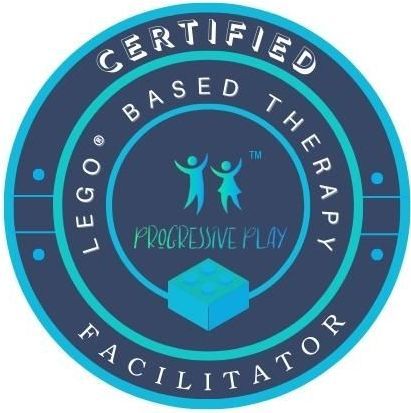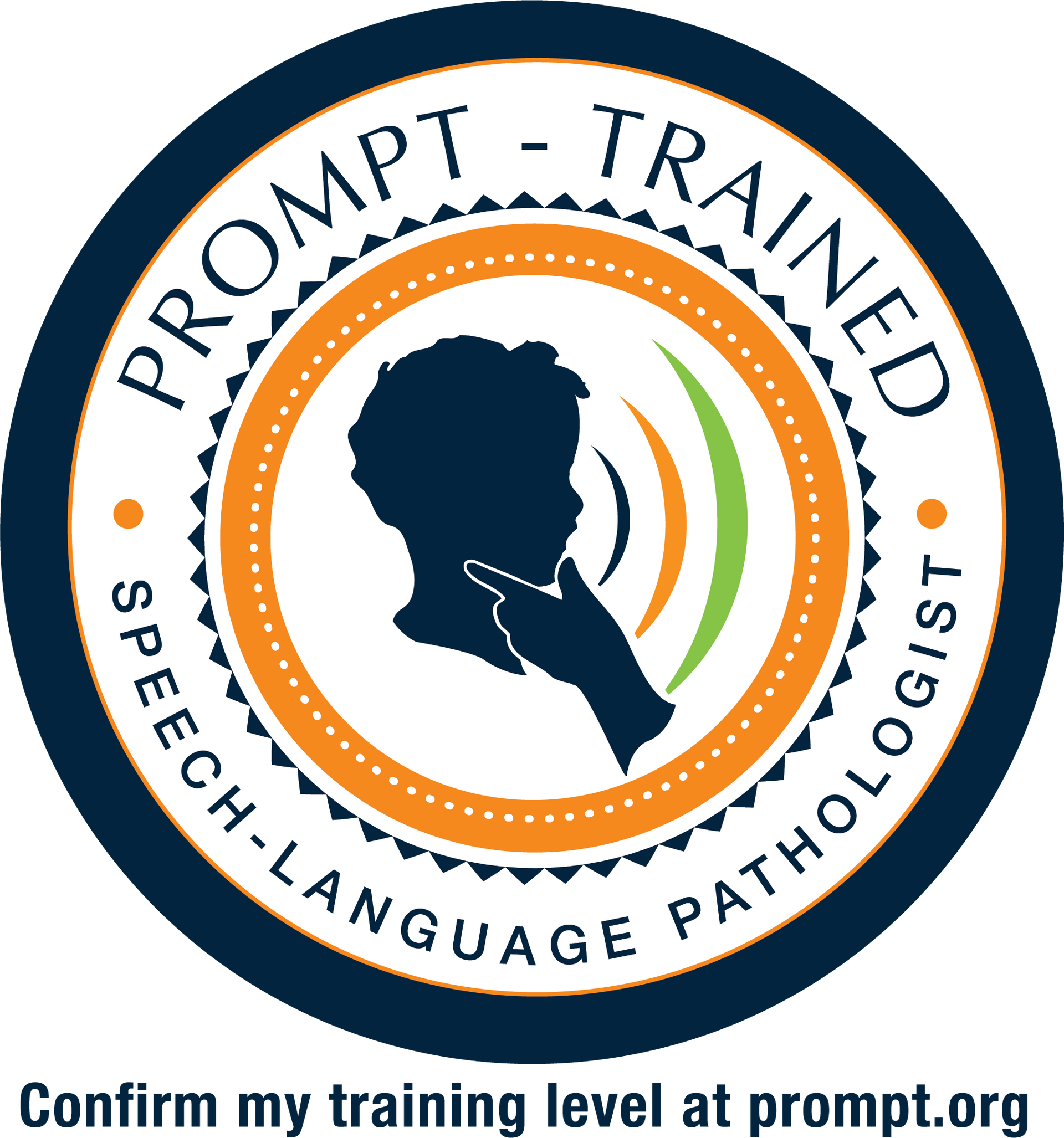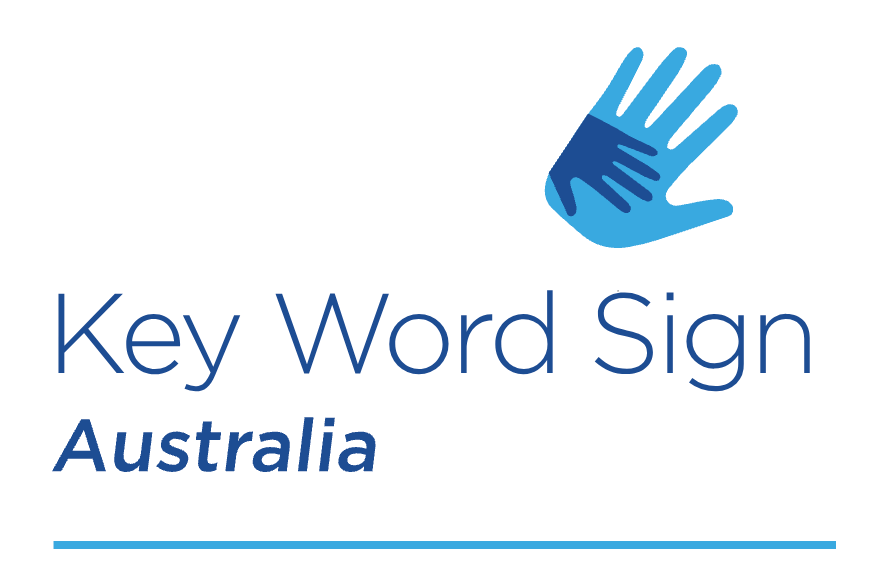It's Never Too Late With...
Adult Speech Pathology In Tweed Heads
Build Your Confidence
Speech, an essential tool for communication, plays a pivotal role in expressing thoughts, emotions and needs. It's not just about forming words, but also about conveying ideas and emotions, solidifying relationships and engaging in daily life. However, the reality for many adults is they struggle with speech-related issues. This challenge affects not only their ability to participate confidently in personal and professional interactions but also their social integration and personal development.
Imagine the frustration of wrestling to articulate a word clearly during a job interview, the isolation of being sidelined in a conversation among friends or the dread of speaking in public. For those suffering with speech-related concerns, these scenarios are more than just hypothetical situations—they can be a daily reality. Such experiences can deeply affect one's confidence, leading to feelings of anxiety and disadvantage in various aspects of life. But it doesn't have to be this way!
At Exploring Speech in Tweed Heads, we understand the profound impact that speech difficulties can have. That's why our speech pathologist, Laura, is dedicated to helping individuals manage and overcome their speech-related challenges through adult speech pathology. Don't let speech issues hold you back any longer—explore your possibilities with Exploring Speech today.
Common Speech Issues in Adults
Speech disorders and language impairments can occur at any age. For adults, these challenges may be the result of a medical condition, injury, developmental delay or simply previously untreated issues from childhood. Some of the most common adult speech issues we see include:
- Stuttering
- Speech sound disorders (e.g., difficulty pronouncing certain sounds)
- Voice disorders (e.g., hoarseness, weak voice)
- Aphasia (language impairment due to stroke or brain injury)
- Dysarthria (difficulty producing speech due to muscle weakness or paralysis)
- Cognitive-communication disorders (e.g., difficulty organising thoughts and expressing ideas)
We recognise that each individual's speech difficulties are unique, which is why we tailor our approach to suit your specific needs. Our evidence-based methods and individualised therapy plans enable you to tackle these challenges head-on, helping to improve speech clarity, confidence and communication skills.
A Functional Approach to SPeech Pathology
In addressing speech-related challenges, it helps to understand that not all aspects of speech need to be targeted simultaneously for effective therapy. By assessing your personal communication goals and prioritising them, we aim to focus our therapy on the aspects that will make the most significant difference in your daily life. This functional approach ensures that therapy remains manageable and relevant, aligning closely with your specific needs and aspirations.
We'll take the time to get to know you, help you to prioritise your communication goals and overcome the challenges that currently hinder your speech. By doing so, we can design a therapy plan that's practical and achievable, without being overwhelming. After all, we want to empower you to make life's interactions more engaging and rewarding, not create additional stress or pressure. Using this functional framework, we aim to foster genuine progress that makes a real difference in your everyday life.
Ready to Explore Your Speech Together?
At Exploring Speech, we understand that every voice has a story—a unique narrative filled with dreams, challenges and aspirations. Behind each voice we work with, there is a person longing to express themselves freely and confidently to the world.
Starting your journey is simple, pick up the phone and call us; or send a message. We can discuss your situation, answer any questions you may have and schedule an appointment at a suitable time for you. Why wait any longer? Take the first step today!
Based in Tweed Heads, we facilitate in-person and community-based appointments for both adult, adolescent and children's speech pathology. We also offer Australia-wide Telehealth appointments.
Learn More
What is adult speech pathology?
Adult speech pathology is focused on the assessment, diagnosis and treatment of speech, language, voice and swallowing disorders in adults. It's important for those who have lost these abilities due to an illness or injury, or for individuals looking to improve certain aspects of their speech and communication. Speech pathologists utilise a range of therapeutic techniques, adapting to each individual's needs to help them achieve optimal communication abilities and improve their overall quality of life.
What causes speech and language disorders in adults?
The onset of speech and language disorders in adults can be attributed to a variety of causes ranging from neurological damage resulting from stroke or traumatic brain injuries to degenerative diseases such as Parkinson’s disease or dementia. Other factors include vocal misuse or overuse, which can lead to voice disorders, and hearing loss which significantly impacts communication. Understanding the underlying cause/s is crucial for speech pathologists to devise an effective treatment plan.
Can speech disorders acquired in adulthood be improved?
Adults with acquired speech disorders can typically experience improvement with speech therapy, although outcomes can vary based on the specific disorder, overall health and the individual’s dedication to therapy and practice. Therapies are tailored to reduce the further loss of ability, develop strategies to cope with any residual deficits and where possible improve function. Early intervention plays a key role in maximising recovery potential.
What are some of the common treatment methods used in adult speech pathology?
Common treatment methods in adult speech pathology include articulation therapy to improve sound production, language intervention activities to enhance understanding and use of language, and voice therapy to address issues with pitch, volume or quality. Additionally, swallowing therapy and the use of augmentative and alternative communication (AAC) devices can be employed to assist those with more severe impairments. Each treatment plan is custom-designed to meet the unique needs of the individual, utilising evidence-based practices to deliver positive outcomes.
How long does speech therapy take for adults?
The duration of speech therapy for adults varies widely, depending on factors such as the type and severity of the disorder, an individual's response to therapy, and how consistently they practice their therapy exercises outside of sessions. Progress is often observed over several months, but some individuals may require ongoing support. The commitment to regular therapy and practice is imperative for long-term improvement and recovery.
What role do family members play in speech therapy for adults?
Family members are vital in providing emotional support, encouragement and practical assistance with therapy exercises at home. They can enhance the therapy process by creating a supportive communication environment, facilitating practice opportunities and helping to implement strategies advised by the speech pathologist. However, it's important that family members recognise boundaries and avoid over-involvement or becoming overly critical or controlling in the therapy process—after all, the individual undergoing therapy is ultimately responsible in determining their goals and managing their progress.
What is the difference between a speech disorder and a language disorder?
Speech disorders are specifically concerned with the production of sounds and the physical ability to speak, whereas language disorders involve difficulties with understanding or using words and sentences to communicate effectively. Speech disorders may affect articulation, fluency or voice, while language disorders can impact expressive and receptive language skills. It's important for treatment to be tailored to the particular type of disorder to ensure a more effective outcome.















